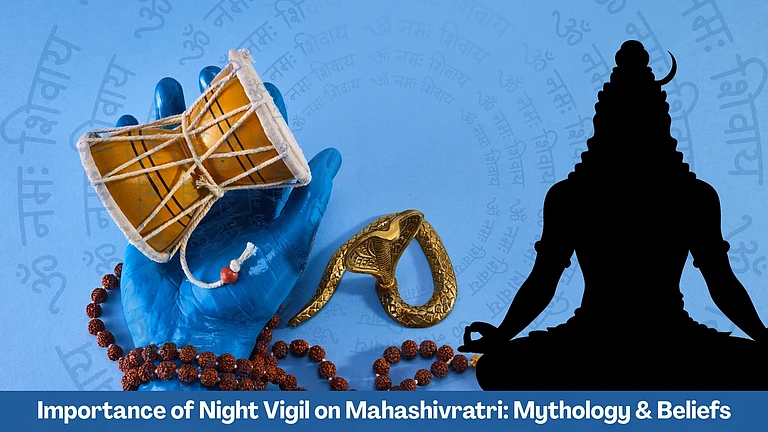Union Minister for Women and Child Development Smriti Irani on Monday said her ministry has consistently been insisting that millets be introduced in early childhood nutritional care.
Calling for efforts to enhance the production of millets to meet the nutrition programmes of the government, she said millet ('Shree Anna') is benevolent, sustainable, nourishing, and a harbinger of sustainable change.
"The ministry has incessantly and consistently demanded that millets be infused (sic) in early childhood nutritional care," she said while speaking at the international conference on ‘Mighty Millets for Food, Nutrition, and Health Security’ held under the aegis of M S Swaminathan Research Foundation
(MSSRF) here.
One of the greatest challenges was the procurement of millets in government systems, she said, virtually addressing the gathering from the national capital. The farm sector should be inundated with requests to step up production and states should procure millets to meet the increasing demand generated by government nutrition programmes like the Poshan Abhiyan, she said.
Millets should become a part of the diet and also be supplied in ration shops, she added.
“Make millets a people’s movement, because when one speaks of health security and millets, one should not be restrained and believe that it is only the security of individual health, but it is equally dedicated to the health of the soil and ecology,” The minister said.
Speaking on the many programmes run by the Centre to ensure better delivery of nutrition among vulnerable populations, she said, “Apart from government intervention, there is a pressing need for societal knowledge that requires the engagement of young mothers on eating habits that helps to ingrain the life cycle of better nutrition in a child.”
"Delighted to share insights with Dr. M S Swaminathan Research Foundation, emphasising the vital role of Shree Anna as a nourishing, sustainable solution for global health security," the minister said in a tweet.
"In 2023, the International Year of Millet, let's sow the seeds of a healthier future together!" she urged.
Delivering the Professor C Gopalan Memorial Lecture at MSSRF, Vinod Kumar Paul, member, Niti Aayog, stressed that “Poorak Aahar or complementary feeding for babies is equally important to breastfeeding.”
Quoting the National Family Health Survey data (NFHS-5), he said irrespective of economic status, children are not fed adequately. The Wealth Index data, he said, showed that just 68 per cent of infants receive exclusive breastfeeding in India (poorest 67 per cent, middle class 69 per cent and richest 68 per cent).
“Whether one is rich, or middle class or poor does not make a difference in terms of how infants are fed in the country, and this could be one of the reasons why stunting is not showing expected changes,” he said.
There is scope for improvement, as per the NFHS-5 data because there are states that have made positive changes – especially Odisha, he said.
The session was chaired by Elizabeth Faure, Representative and Country Director of the UN World Food Programme, India.


























